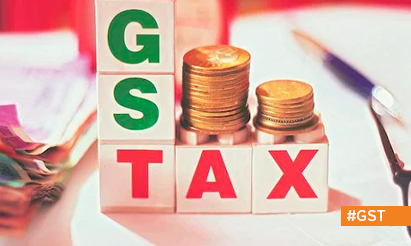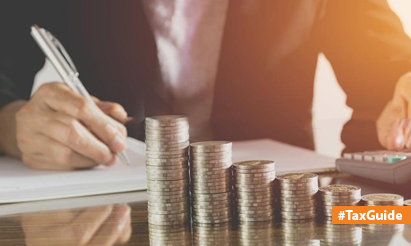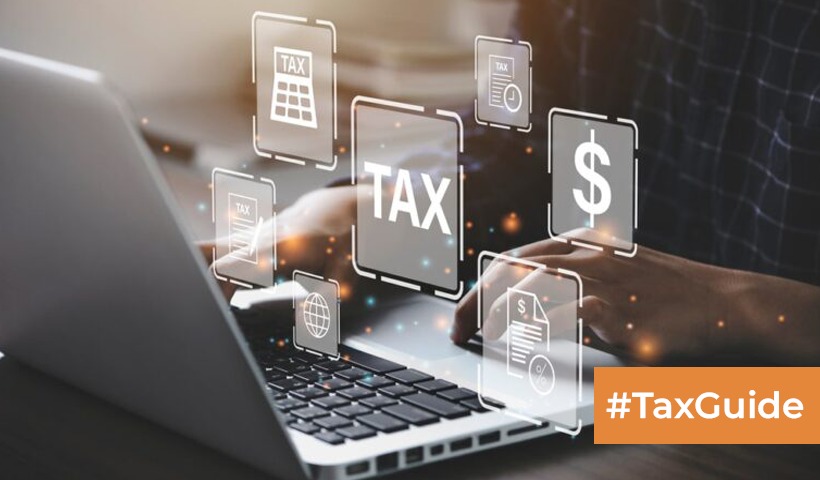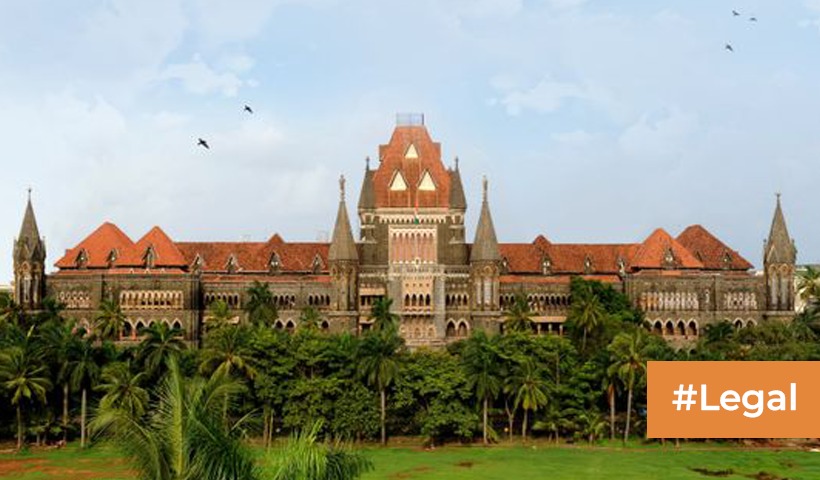How can I avoid paying capital gains tax on the sale of a home?
Every property transaction is taxed, and capital gains tax is one type of tax imposed on property sellers in India. The government assesses this fee based on the number of years the owner owns the property before placing it on the market for sale. The tax is levied on the seller’s revenue from the property sale. Below is a breakdown for you to better understand it and provide you information on how to reduce capital gains tax on property sales.
What exactly is capital gains tax?
To begin, one must comprehend what capital gains are. They are capital assets, such as real estate or securities, as the name implies. These profits are further classified as short-term or long-term based on the asset’s holding tenure.
What is the definition of short-term capital gains tax?
If you sell the property within two years, the profit will be classified as short-term capital gains. Such profits are added to your taxable income and taxed at the corresponding income bracket. There are no exclusions from Short Term Capital Gains (STCG) tax.
What exactly is long-term capital gains tax?
If an immovable asset, such as land, home property, or a building, is kept for two years or longer and subsequently sold at a profit, the profit is termed a long-term capital gain. You must pay a 20% tax on it, which is known as Long-Term Capital Gains (LTCG) Tax.
How do you calculate short-term capital gains?
Step 1: Determine the full value of consideration (FVC), which is the higher of the property’s sale price or the stamp duty authority’s value.
Step 2: Subtract the acquisition cost, transfer cost, and improvement cost from the total value.
Step 3: The total will represent a short-term capital gain. Short-term capital gain = FVC – (acquisition cost + transfer cost + improvement cost)
Put the money in a capital gains account.
Finding a suitable property to re-invest your capital gains in, securing all of the necessary finances, and completing the necessary paperwork may all take time. As a result, if you have not been able to re-invest your capital gains in a new property by the date of filing your income tax returns, you may invest these gains in a ‘capital gains account’ in any branch of an authorised bank (excluding rural branches of such banks), such as Bank of Baroda, as per the Capital Gains Account Scheme, 1988. This deposit qualifies for a capital gains exemption. If the deposited amount is not used within the specified period of two years (in the case of new residential property purchase) or three years (in the case of new residential property construction), the deposit will be treated as short-term capital gains in the year in which the specified period expires.
Disclaimer: The views expressed above are for informational purposes only based on industry reports and related news stories. PropertyPistol does not guarantee the accuracy, completeness, or reliability of the information and shall not be held responsible for any action taken based on the published information.




